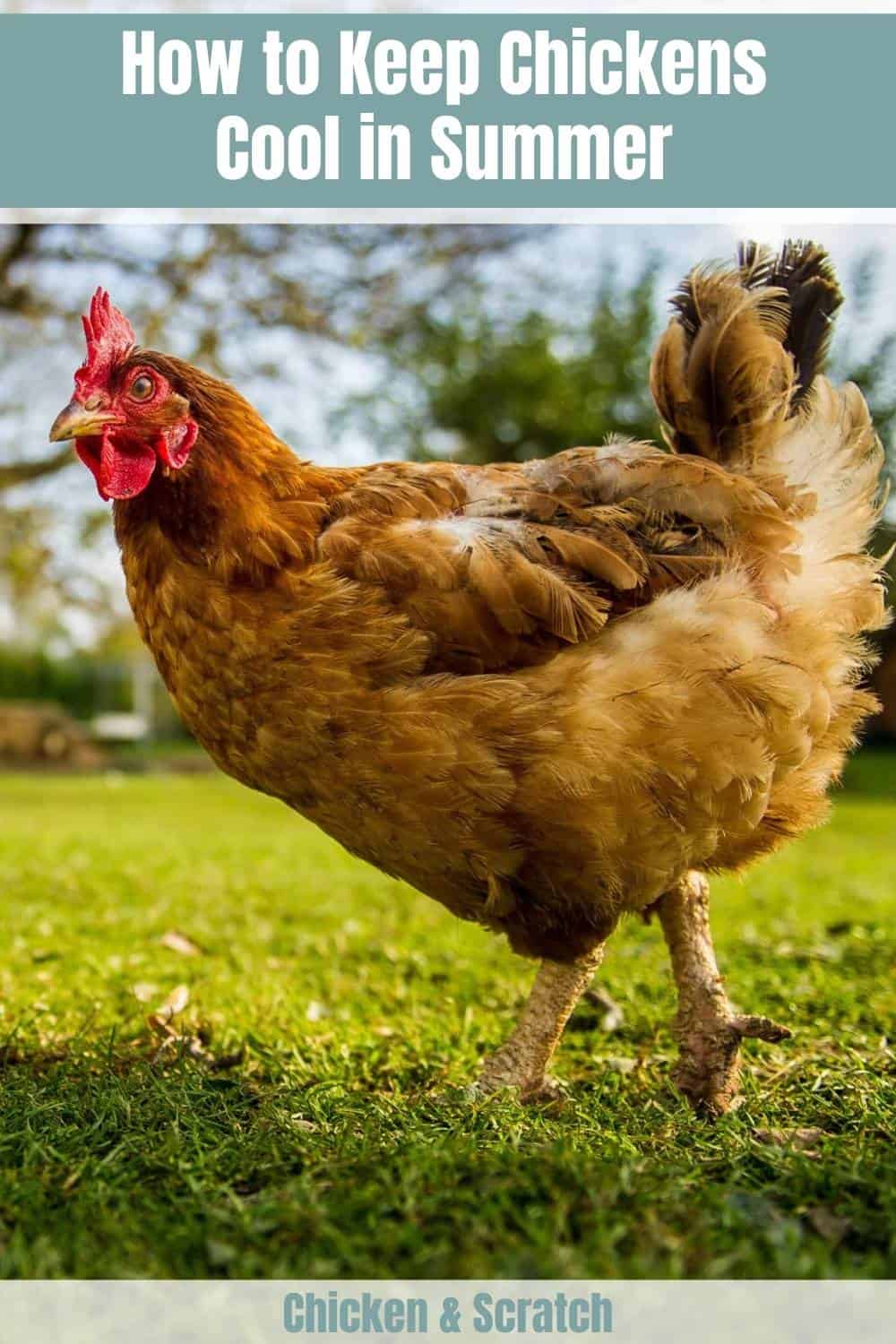Keeping your flock cool during the hot summer can be challenging, and your chickens would embrace any additional attention to assist them in coping with the rising heat. Knowing how to keep your chickens cool in summer is an advantage. However, if you’re still struggling with the ideas, this might be a great help for you. So, how to keep chickens cool in summer?
What is Chicken Heat Stress and Exhaustion: How to Keep Chickens Cool in Summer
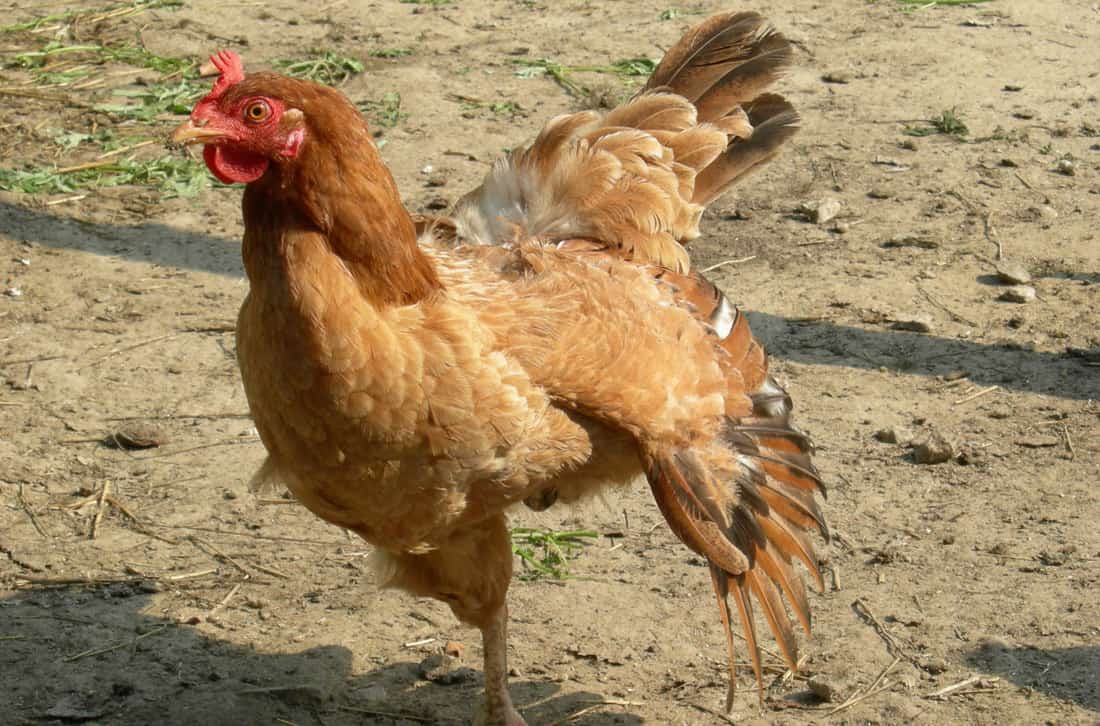
You think only humans suffer from heat? Chickens do too. So, how to keep chickens cool in summer?
A chicken suffering from exhaustion and stress due to summer heat is simple to observe. The very first symptoms they usually exhibit are short and quick breathing while lying flat on the ground with their beaks and wings widely open, refusal to eat, and sluggishness.
Signs of heat stress:
- Panting and Open-Mouth Breathing
- Wings Held Away from Body
- Decreased Activity and Lethargy
- Decreased Food and Water Intake
- Diarrhea
- Loss of Consciousness
- Lack and weaker egg production
If you see your chicken showing these symptoms, act right away. It is essential to keep your chicken cool in the summer, do not wait until the temperature rises and the signs to worsen. Stay updated on the weather forecast and respond quickly before the weather starts to heat up.
Chicken heat stress is an issue that occurs as a result of severe heat, which can exacerbate when they are accompanied by relative humidity and a meager rate of natural air blow or wind. Factors such as genetics, thick plumage, heat acclimatization, drinking water temperature, and water accessibility contribute to the severity of heat stress.
Heat stress is usually more severe in elderly birds, large breeds, and commercial broilers. Extreme heat stress can reduce the efficiency of your flock’s productivity or, worst, may increase the fatality rate.
You can observe that egg production, hatching levels, and even growth progress are all decreasing. Additionally, heat stress may impact the quality of eggs. Except for the low number of egg production, you can also observe that the eggshells are weaker, smaller than before, and the internal quality is generally poor.
Chickens are also suffering from heat stress and exhaustion if they struggle to maintain a balance within body heat production and loss. This problem can happen in chickens of all ages and breeds. Using their natural behavior, they can shed heat at a regulated pace.
There is no bodily temperature that is maintained at a steady level. Whenever the critical temperature is surpassed, chickens must aggressively reduce heat through panting. Panting is a natural physiological reaction to heat and is not seen as a health issue.
However, when temperatures rise so does the frequency and rapidity of panting. Chickens may perish if heat generation exceeds the maximum heat loss in either degree; chronic heat stress or even acute heat stress.
How to Keep the Flock Cool
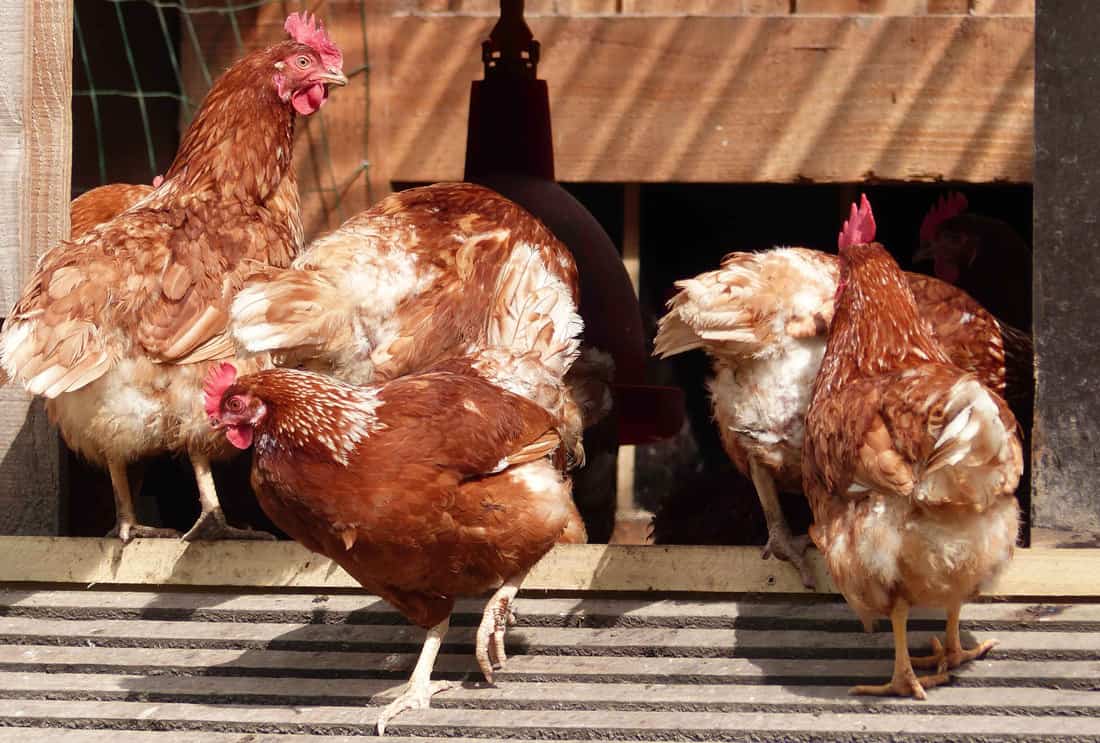
Having a piece of knowledge on how to keep chickens cool in the summer can be an advantage. Here are some valuable tips for the prevention of chicken overheating.
Provide enough shade
this is a pretty obvious answer to the problem. Whenever feasible, a leafy shade such as plants or trees is better than any other like; concrete, wood, steel, plastic, etc. It is because sun heat cannot penetrate the plants or trees, and they keep the air fresh and cooler than the things mentioned. If you don’t have trees around, pot-grown plants work well too. You can also use tarps, fabric sheets, or other materials; it also can add cooling when wet.
Hydration is essential
Minerals are lost due to body heat, and you can substitute electrolytes for them, which can be purchased from your local poultry and Agri suppliers and also online. Tip: Only add electrolytes to water for chickens exhibiting symptoms of heat stress; they should not be given to healthy chickens.
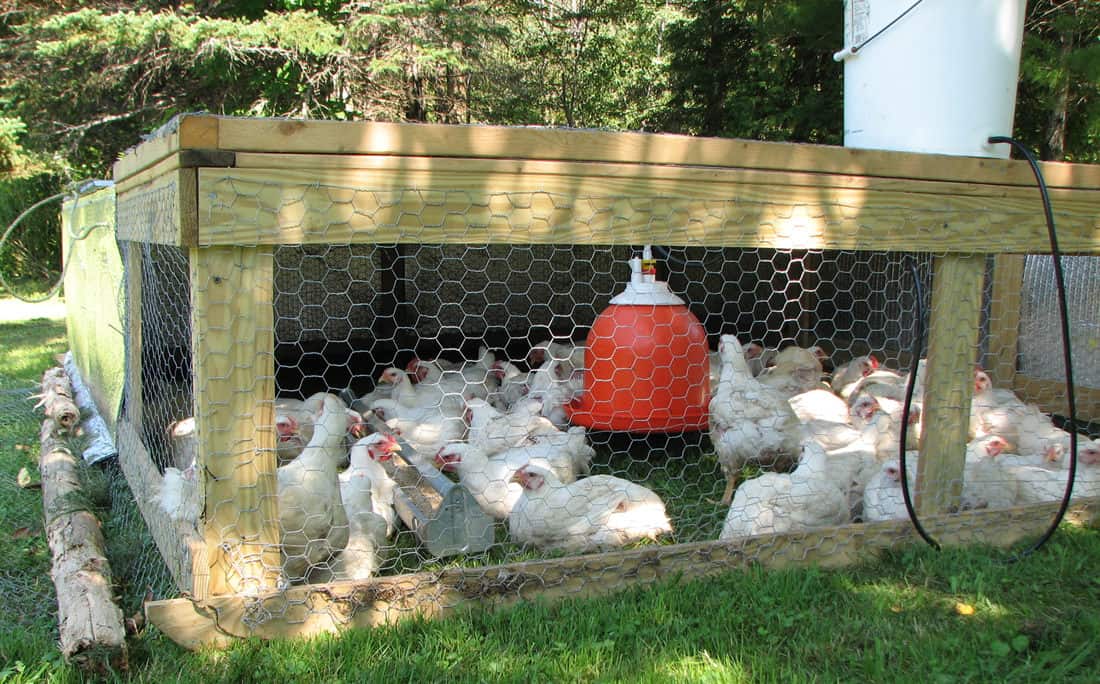
Cold goodies
Giving your chickens iced, chilled, and water-rich meals aids in keeping them cool. Tomatoes, cucumber, watermelon, and frozen fruits such as apple, papaya, berries, and some berries combine to create a refreshingly cool treat.
Ice therapy
Refrigerate water multiple times a day and add ice cubes. Add more drinkers or pans to the coop to provide consistent hydration. Freeze some bottled water and use a fan to blast cold air around the coop or the run.
Coop extra ventilation
Even at nighttime, coops can become hot and uncomfortable, so sufficient or some more air vents are critical. It enables heated air to exit. Using a fan to circulate cold air around the coop is a good idea, but aim it away from roosting perches.
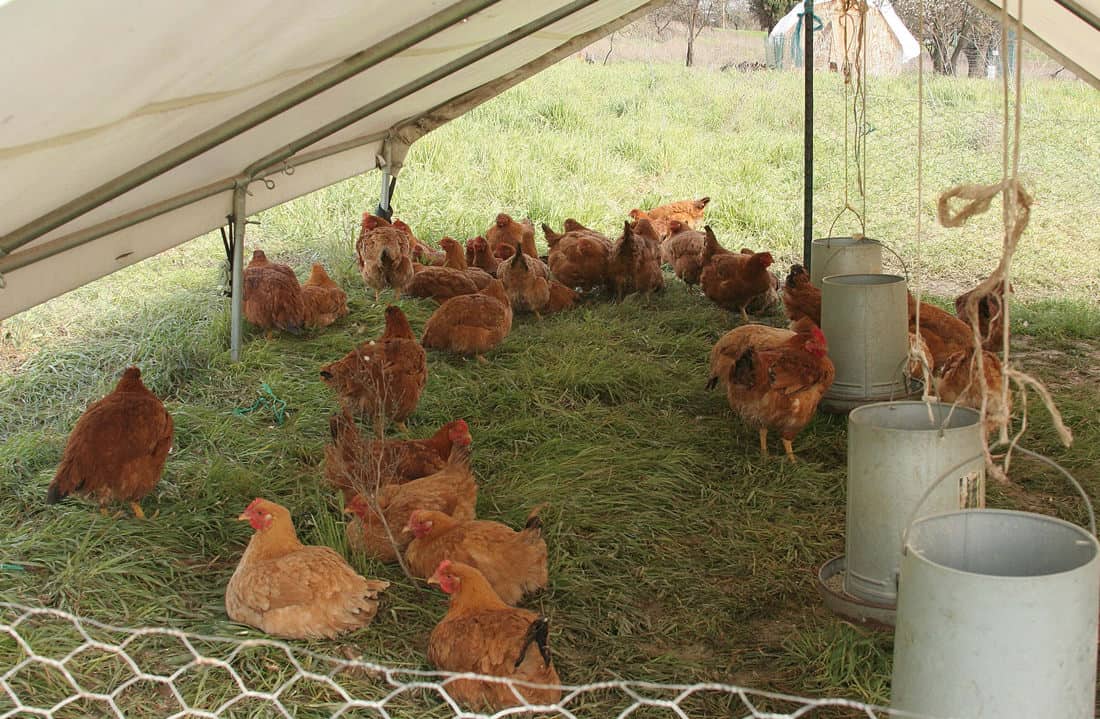
Temporarily close the nest box
Chickens are species of habit and therefore will seek out boxes to lay eggs. The issue is that nest boxes can get very hot. It is recommended stopping your hens from entering the scorching nest box completely on hot summer days. However, you can provide alternate nesting places outdoors in the shade.
Misting and Bathing
Water on a shallow pan or tray will entice chickens to splash in, cool their toes, and sprinkle themselves with it. Misting cools the ground and enables your chickens to take a cooling bath. However, avoid misting the entire place since there must always be a dry place to go.
How to Treat a Chicken Suffering from Heat Stress
To begin, if you own a flock, it is a responsibility to keep chickens cool in summer. A chicken suffering from summer heat stress will exhibit panting profusely and frequently lose balance as if they’re drunk. Remove the chicken immediately from the coop or where you have seen it, almost unconscious.
Take a cloth, a big cloth, you can also use a t-shirt; turn on the faucet to let the hot water out and wait for the cool water to flow. Combine electrolytes and salt in a tray or other shallow container large enough for them to sip from it while lying down.
Lay the chicken out of the heat, use the cloth or t-shirt, and begin gradually bathing their entire body. If the chicken resists, swaddle it in a wet cloth and continue to run the cold water on the entire body, up to the head if possible. The water will puddle up on the cloth, cooling their body and toes.
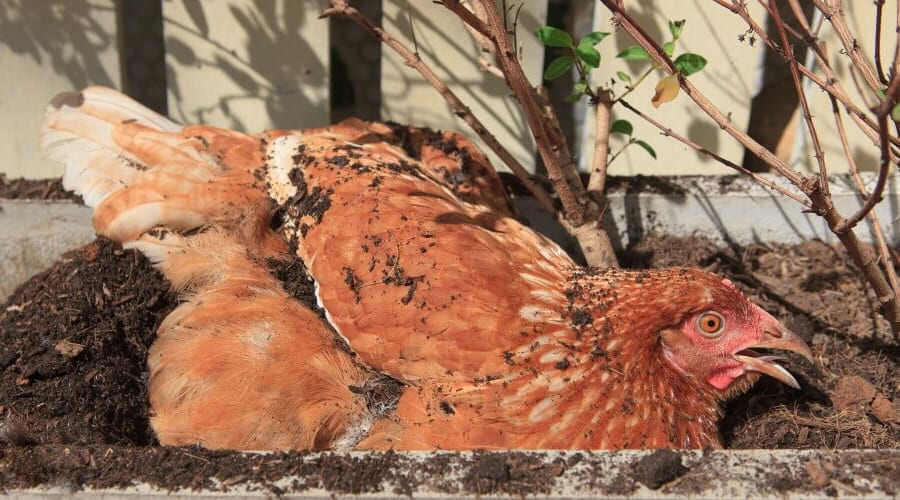
When you find a position where they feel at ease and are less likely to resist, continue the water running into them slowly for as long as necessary. Keep caressing their comb and monitor the temperature; you can also use your wrist like checking a baby’s feeding bottle.
If it seems cooler, you can stop the flowing water and continue swaddling them with cloth and hold them still for a while. Observe the comb’s temperature; it should be cool, not cold. However, if they begin to shiver, you can release them only if they can walk straight and not showing symptoms of heat stress. You can also rescue your chicken by submerging, but do not include their heads.
Ensure you’re not submerging your chicken in ice cold water; it may put them into temperature shock and lead them to perish. Observe your chicken for an hour or more; if your chicken begins to pant heavily, repeat the cooling down process again.
If they start to drink and eating again, that is a positive indication. Keep observing your chicken over the following days to ensure they continue to drink and are able to wander and be healthy again.
Best Diet for your Flock in Hot Summer
Keeping chickens cool in the summer also begins with appropriate summer nutrition. It will not only keep your flock heat-hardy but will prepare them for a good fall and winter as well.
Throughout the summer months, you might observe your chickens eating lesser feed; this is natural since heat, like humans, induces a lack of appetite and desire to eat. If your flock is in free-range mode, they might consume less feed since they have access to various food sources such as grass and insects.
Assure that you provide your chickens with a high-quality diet on a regular basis. A comprehensive chicken diet will provide your flock with the necessary nutrients. Additionally, you can also add summertime goodies to their diet.
Probiotics may be enhanced by giving a small amount of yogurt. Take care not to consume an excessive amount of dairy products. On a scorching hot day, watermelon is an excellent source of water for their hydration. Be creative; you can make popsicles or chilled goodies for your flock out of fruits, vegetables, and even herbs. It can provide lots of refreshing fun for your flock.
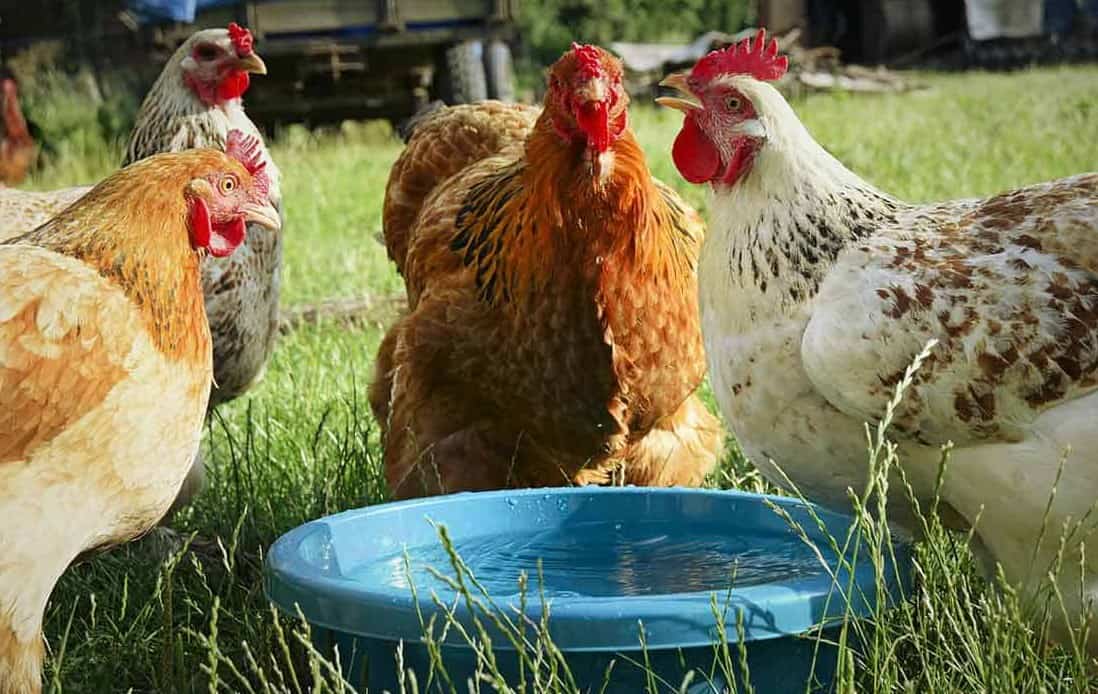
Summertime is an excellent time to cut down on scratch grains. The increased corn content in scratch may cause their bodies to generate more heat, making summer hotter for them. Rather than that, entice your flock to forage by providing them with green leafy weeds and grasses.
Summertime is a time when people’s routines alter. People adjust to maintain their current level of comfort. By giving the necessary equipment, you can also aid your backyard flock to adjust and enjoy the sunlight.
The majority of people are unaware that chickens cannot sweat. They either open their wings wide to cool off or pant heavily. If such cooling methods are ineffective, chickens may act sluggish and stop eating, resulting in eventual health issues and decreased production of good eggs.
You can prevent the manifestation of heat stress symptoms in chickens by addressing issues before they occur. Chickens will continue to their regular daily habit even throughout the hot summer with the proper care.
Summary
Aiding your flock to beat the heat is a significant relief on how to keep chickens cool in the summer. Behind every healthy chicken is a responsible flock owner; with proper care and handling, adequate food and coop equipment, knowledge, and advanced thinking. Your flock may not have to experience heat stress and go throughout the hot summer without issues.
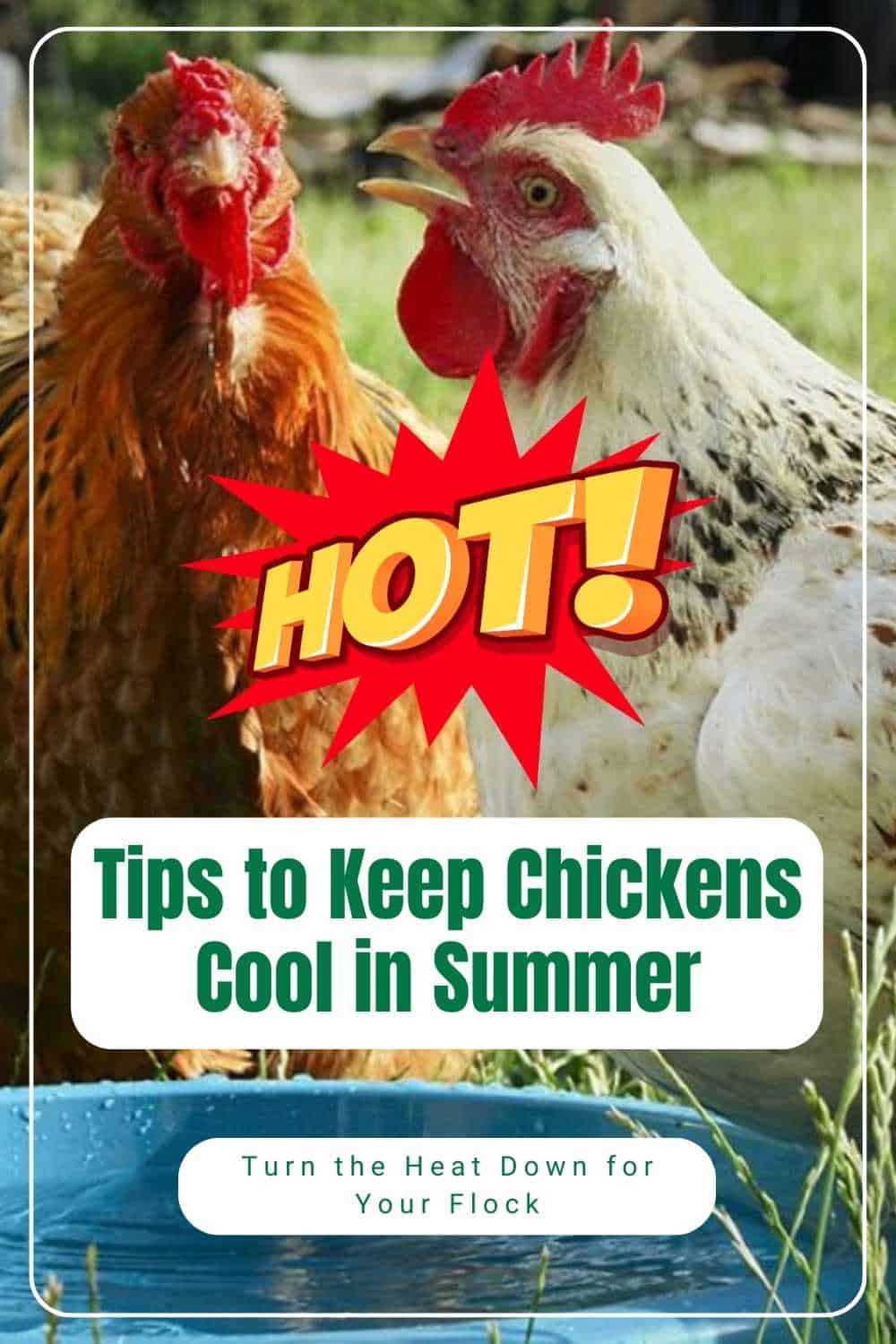

Joseph Hudson has been raising chickens for over 15 years. In 2018, he completed the Agriculture & Natural Resources program at Mt. San Antonio College. He currently raises over 1400 chickens on his 7.5-hectare farm. He keeps sharing his experience on raising healthy and happy chickens on Chicken Scratch The Foundry.
